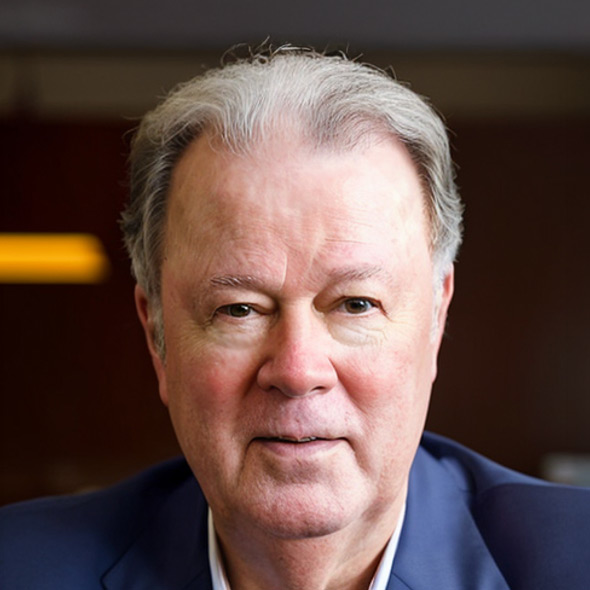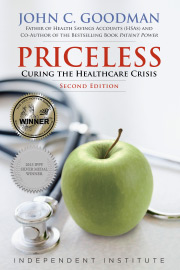The power of placebos to heal has long been recognized. Thomas Jefferson wrote about it. So did Benjamin Franklin. Debate over the ethics of placebos also has a long history—roughly 170 years. But there has been no resolution. Doctors are still in disagreement about whether it is ethical to proscribe a placebo without the patient’s consent. Of course if the patient knows the therapy is a placebo, much of its effectiveness is lost. But there is also disagreement about the meaning of the word “consent.”
According to the American Medical Association’s (AMA’s) code of medical ethics, a placebo may be used “only if the patient is informed of and agrees to its use.” But then the AMA provides some wiggle room—the consent may be general rather than specific—and that may permit what I am going to recommend below. (See Austin Frakt’s discussion here.)
Placebos draw on the power of the mind to aid in the healing process. If they work it would seem to be foolish not to take advantage of them. Plus, in a previous post I raised the possibility of using placebos not just as an occasional therapy but as an integrated aspect of cost control. Placebos are the cheapest therapies at our disposal.
That placebos work is well documented. Aaron Carroll has summarized the placebo effect of fake surgeries. Austin Frakt gives additional examples taken from David Newman’s book, Hippocrates’ Shadow:
- Taking two placebo pills (e.g., sugar pills) relieves more pain or provides a greater stimulative effect or is more sedating or heals stomach ulcers more quickly (depending on the study) than taking just one.
- Placebo pills with a brand name printed on them are more effective at pain reduction than the same pills without the brand name.
- Patients who faithfully take placebo medication for cholesterol reduction survive longer than those who skip doses.
- Though sham acupuncture reduces migraines as much as real acupuncture, both reduce migraines far more than no treatment at all.
- Measurements of increased endorphins—our bodies’ natural pain relievers—have been associated with placebos’ ability to reduce pain.
Howard Brody has a summary of the ethical issues, drawing on just about every ethical theory philosophy offers us. But he overlooks one important body of thought: economics.
How can economics help resolve this issue? By drawing on the power of mutually beneficial contracts to make all parties better off. As Brody points out, no one has a problem with placebos if the patient consents. So how do you get consent without losing the power of the placebo to work its magic? By making the form of consent a general release. Here are the conditions:
1. The patient agrees that placebos may be an undisclosed part of any therapy regime; and
2. As an inducement to the agreement, the patient shares in any financial benefits from placebo substitution.
The first condition could be satisfied by a general engagement contract with a doctor or by an enrollment agreement with a health insurance company. To make sure that the consent isn’t hidden in the fine print, the patient/enrollee might be asked to check a “yes or no” box specifically granting authority to use placebos.
If I am right about the potential of placebos to significantly reduce health care costs, then health care with placebos should cost less than health care without them. That means doctor fees should be lower. Drug costs should be lower. Therefore premiums should be lower. And if the market is competitive, the patient who agrees to make placebos part of her potential care should gain financially.
For example, if l check a box refusing to be subjected to any placebos I might have to pay $5 or $10 in extra premiums each month. Conversely, if I agree to them, my premiums would be $5 to $10 lower.
Economics can’t solve every problem. But the economic way of thinking would seem to cut this Gordian knot rather nicely.











